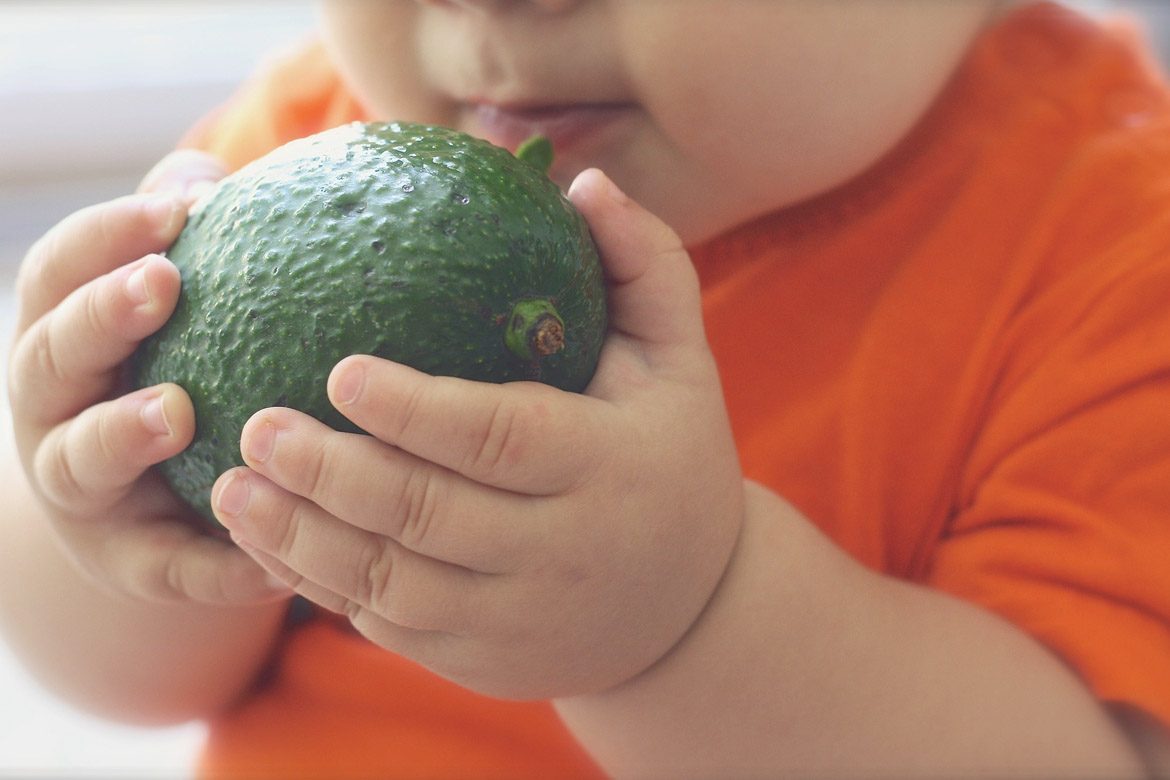By Hannah Schenker
Are you keen to give Baby-Led Weaning (BLW) a go, but are concerned about the risk of choking? Well you can relax, to some degree! Babies who feed themselves small pieces of food at their own pace (BLW or baby-led introduction of solids), are at no higher risk of choking than spoon-fed babies, a NZ study has shown.
Baby-Led Weaning is increasing in popularity, with many parents now letting their children feed themselves, rather than the old traditional spoon-feeding method. In BLW, the infant feeds themselves all their foods in the form of small, graspable pieces, right from the first introduction to solids, with no pureed foods in the beginning (as has been the traditional method of spoon-feeding).
However, some concern has been raised over whether this method of feeding a baby carries an increased risk in choking. Advocates of BLW say that if you follow the usual safety measures, then there should be no greater choking risk (eg, infant is developed enough to be seated in an upright position and is in control of what is put in his or her mouth, and is closely supervised). Researchers at the department of medicine at the University of Otago completed a randomized controlled trial of 206 healthy infants, trying to answer that question. Their findings were published last year (September 2016) in the journal Pediatrics.
Method
The researchers randomly assigned the parents/babies into one of two groups: the control group (usual care) and the Baby-Led Introduction to SolidS group (BLISS). The BLISS parents received extra support and specific advice about how to reduce the risk of choking.
Parents were given a questionnaire at at 6, 7, 8, 9, 12 months that asked about the frequencies of choking and gagging. Those that had reported choking or gagging were also asked further questions (the symptoms, who resolved the choking, the food, what form it was fed in, and who fed the child).
Parents also completed two four-week daily calendars (at 6 and 8 months). Each day they would report whether the infant had gagged or choked (providing “yes” or “no” responses).
Parents also completed weighed diet records on three randomly assigned, nonconsecutive days (2 weekdays, 1 weekend day) over three weeks when the infants were 7 and 12 months of age.
Results
The number of children who experienced choking did not differ between the two separate groups, at any age, the researchers found, however they were concerned at the numbers of children offered foods that posed a choking risk:
“Infants following a baby-led approach to feeding that includes advice on minimizing choking risk do not appear more likely to choke than infants following more traditional feeding practices. However, the large number of children in both groups offered foods that pose a choking risk is concerning.”
See page 2 for more, including the most common foods posing a choking risk…











